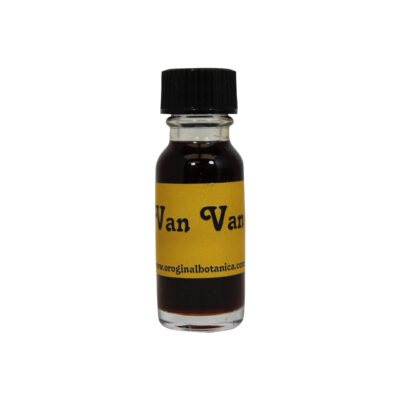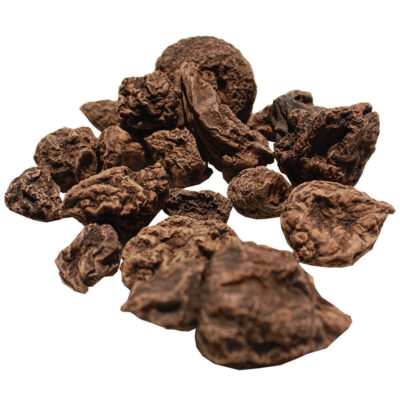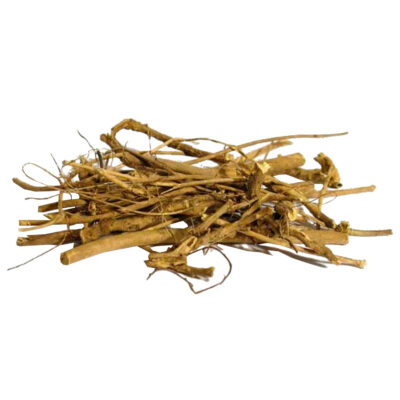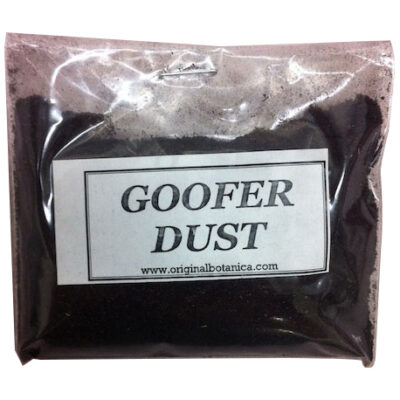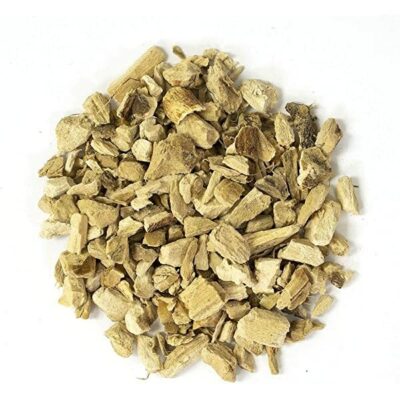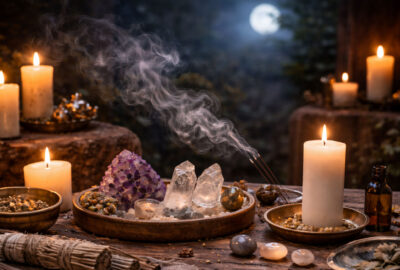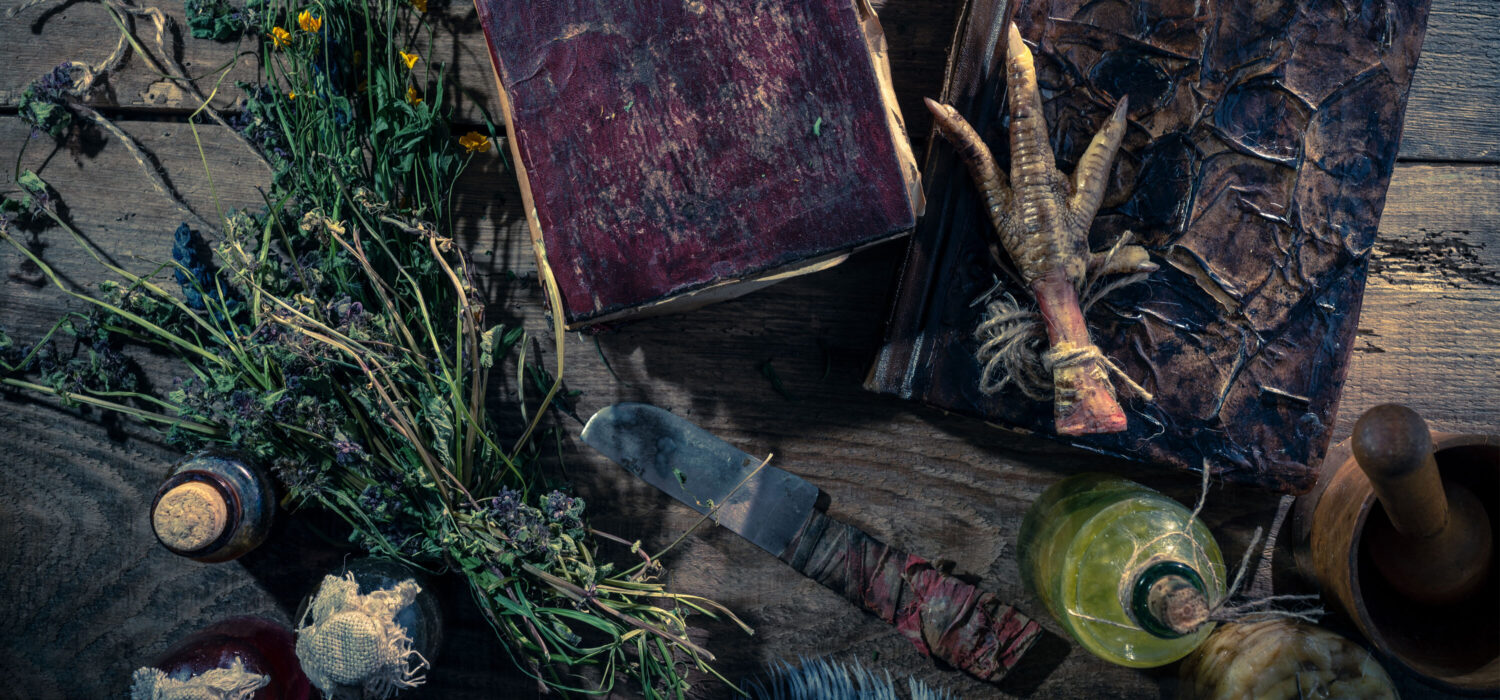
What is Hoodoo? A Guide to the History of Rootwork
For centuries, Hoodoo has served as a powerful system of folk magic and spiritual healing, rooted in African traditions and shaped by resilience, adaptation, and ancestral wisdom. Blending African spirituality with Native American and European influences, it has grown into a deeply personal, protective, and empowering practice for those seeking healing, justice, and spiritual strength.
Rooted in survival and spirit, Hoodoo (also known as rootwork or conjure) is not a religion, but an intuitive path of sacred practice. Passed down through generations, it draws on the guidance of ancestors and the unseen forces that walk beside us. Whether uncrossing a jinx, drawing prosperity, protecting the home, or opening new paths, Hoodoo empowers the practitioner to create meaningful change through intention and spirit.
The History of Hoodoo
Hoodoo took shape during the brutal conditions of slavery in the American South. Enslaved Africans carried their spiritual knowledge across the Atlantic - practices of ancestral reverence, plant medicine, and communication with the unseen. In this new land, they adapted and blended those traditions with Indigenous herbalism and European folk magic. Out of necessity and faith, Hoodoo was born.
This sacred knowledge passed quietly through generations. Herbs growing by the riverbank, a whispered Psalm, a bottle hidden in a tree’s hollow. These were tools of resistance, healing, and protection. Even today, Hoodoo draws strength from that legacy, remaining a source of resilience and connection to our spiritual inheritance.
Hoodoo is not bound by a fixed doctrine. It’s a living, evolving system of power and prayer, shaped by the practitioner’s lineage, environment, and spiritual guidance. Every spell worked, every candle burned, and every petition written is part of a larger spiritual tapestry woven through generations.
The Role of Ancestors in Hoodoo
Ancestors are not distant. They are here: present, guiding, and watching. In Hoodoo, ancestral veneration is the foundation. An ancestor altar is more than candles and water; it is a place of communion, reflection, and deep spiritual work. Through prayer, offerings, and daily devotion, we build relationships with those who came before.
Ancestors offer protection, open doors, and speak through signs, dreams, and divination. Honoring them strengthens our roots and deepens our magic. Knowing your ancestors means walking with spiritual clarity. Their wisdom becomes our strength, and their voices echo in every working we do.
The Bible and Psalms in Hoodoo
The Bible, especially the Book of Psalms, is a powerful spiritual tool in Hoodoo. Enslaved Africans embraced its sacred words not as religion alone, but as code, invocation, and weapon. Each Psalm carries a vibration, each verse a divine key.
Psalm 23 for protection. Psalm 35 for justice. Psalm 91 for deliverance. Practitioners write them on brown paper, fold them into mojo bags, speak them over candles, or pair them with oils and herbs. The Bible is not simply scripture; it’s a grimoire of divine power.
Many rootworkers sleep with a Bible under their pillow, use it for divination, or place it open on their altar. The Psalms are spoken aloud with intention, activating spiritual forces through the breath and the word.
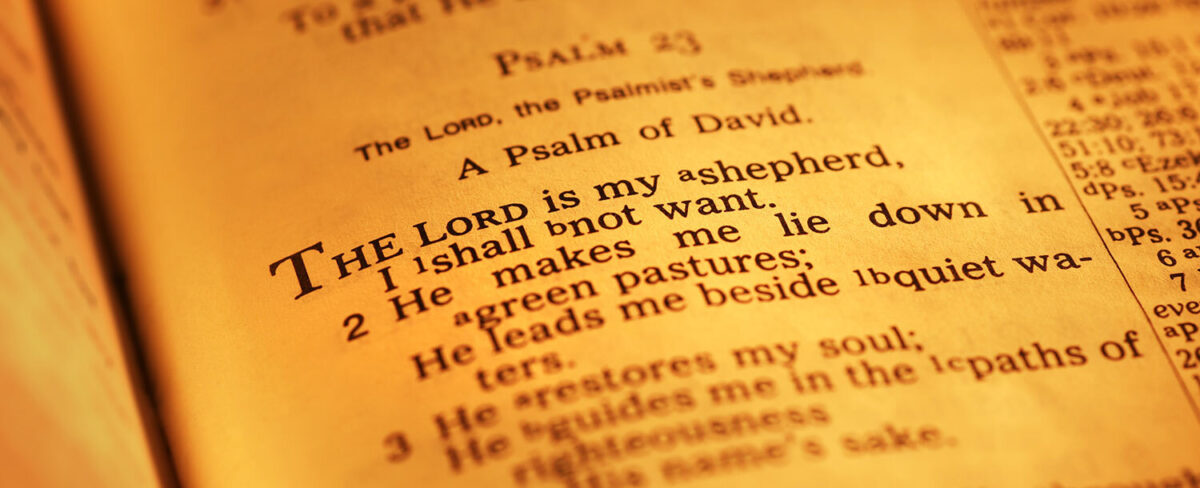
Psalm 23 is a favorite among rootworkers—spoken over candles, tucked into mojo bags, and used for powerful protection and spiritual strength.
Core Hoodoo Practices
Hoodoo is the work of the hands guided by the spirit. Its practices are rooted in practicality and faith, using tools that carry meaning and energy. Here are the core ways practitioners channel intention:
- Dressing and burning fixed candles for love, prosperity, or uncrossing
- Spiritual baths for cleansing, healing, and drawing blessings
- Mojo bags carried for ongoing attraction, protection, or luck
- Petition papers to communicate desires to spirit
- Personal concerns to link the work to the individual
- Psalms and prayers spoken to awaken divine intervention
Timing, too, is sacred. Moon phases, planetary hours, and the spiritual calendar are used to amplify power. Some rootworkers wait for a full moon to draw blessings or a waning moon to banish negativity.
Ethical Considerations in Hoodoo
Hoodoo, like any spiritual practice, is a tool that must be used with integrity and respect. While it offers powerful methods for protection, healing, and transformation, it also comes with ethical responsibilities. The energy you put out into the world through Hoodoo will return to you, often in ways that are far beyond your control. Therefore, ethical considerations should be at the forefront of any spiritual work.
Respecting Free Will
One of the fundamental ethical principles in Hoodoo is respecting the free will of others. While it is tempting to use magic to influence another person’s actions or emotions, particularly in matters of love, it’s important to remember that manipulating someone against their will can result in karmic consequences.
In Hoodoo, love spells or attraction work should be approached with caution and only used when the person’s desires are aligned with your own, ensuring that no harm is done in the process. Ethically, it’s recommended to avoid work that could cause harm, pain, or destruction to others. Spells for protection, healing, and personal growth are seen as positive forms of Hoodoo, while working with revenge or domination spells should be undertaken only with careful thought about the consequences.
Harm None
Hoodoo shares common ground with many other spiritual practices in that it emphasizes the "do no harm" principle. In other words, any work done should uplift and empower, not hurt or diminish anyone, including yourself. Practitioners should always ask themselves whether their actions align with their highest good and the good of others.
Many rootworkers rely on practices like uncrossing and banishing spells when working to remove negative energies or bad influences from their lives. These practices can be empowering and cleansing, but should be focused on clearing harm rather than creating it.
Personal Responsibility
Hoodoo is about personal empowerment, meaning the practitioner is responsible for their actions, choices, and the energy they send out into the world. This responsibility extends beyond just the magic itself to the way you live your life—acting with kindness, maintaining healthy boundaries, and seeking justice in the world.
Using Hoodoo to evade personal responsibility or avoid making hard decisions is considered unethical. It’s essential to address real-world issues alongside magical work. Hoodoo can support you, but it should not be used as a way to bypass personal growth or neglect the need for positive life changes.
Consent in Working with Others
When practicing Hoodoo with others, consent is paramount. Whether it’s performing a spiritual reading, helping someone with a healing spell, or offering advice on a magical working, make sure the person you're working with is fully aware of the spiritual tools you're using and agrees to them. Consent should also extend to items such as personal concerns, like hair or clothing, which are often used in Hoodoo practices.
If you’re providing magical work for someone else, it's crucial to ensure that they understand the process and that they truly desire the outcome. Respecting someone’s boundaries and wishes is just as vital as ensuring that the magic is done with good intentions.
The Importance of Tradition
Hoodoo is a folk magic system that holds cultural, spiritual, and ancestral significance. While it’s practiced in diverse ways today, it is still rooted in African American history, traditions, and experiences. Practitioners need to approach the tradition with respect and reverence for its history, particularly as Hoodoo is often misunderstood and marginalized in mainstream culture. One of the biggest misconceptions about Hoodoo is that it is just a "recipe" for spellcasting or that it can be commodified without understanding the deeper spiritual and cultural ties that bind it.
Appropriating Hoodoo for profit without acknowledging its roots or using it for entertainment purposes is considered disrespectful. Additionally, newcomers to the practice should be aware that Hoodoo is not something to be taken lightly or casually. It’s important to study, ask questions, and learn from experienced practitioners who have a deep understanding of the tradition rather than trivializing it.
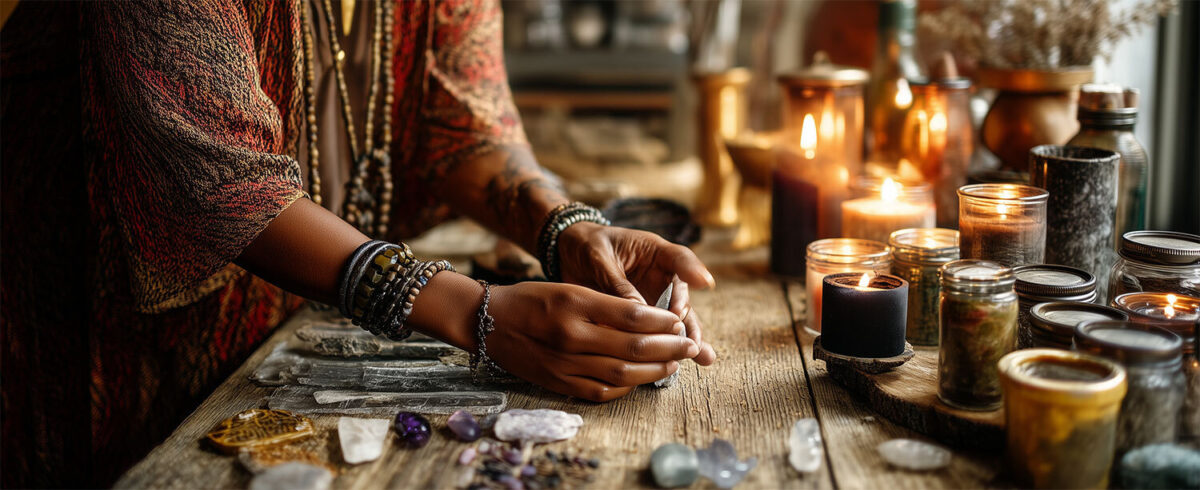
Rootworkers are the spiritual healers of Hoodoo—guides, diviners, and spellworkers called to serve through wisdom, experience, and ancestral power.
Rootworkers and Conjure Workers
The rootworker is the spiritual technician of Hoodoo. Some are called from childhood; others are initiated through hardship and revelation. These practitioners serve their communities as healers, diviners, and guides. They read the signs, prescribe spiritual remedies, and work spells with skill and spiritual discipline.
While anyone can practice Hoodoo, the rootworker carries responsibility. With deep respect for their ancestors and tradition, they hold space for transformation and carry the wisdom of the craft. Some specialize in areas like court case work, love, protection, or healing.
Traditional Hoodoo Tools and Ingredients
Hoodoo relies on specific spiritual tools passed down through generations. These include sacred herbs, roots, minerals, and crafted items that hold spiritual power and intention.
Candle Work – Dressed and prepared candles, also called “fixed” candles, are a cornerstone of Hoodoo spellwork. Use candles like Love Drawing, Protection Hand Carved candle, and Success Candle, dressed with oils and carvings to amplify focus.
Sacred Roots and Herbs – Classic Hoodoo herbs include High John the Conqueror root (power and success), Devil’s Shoestring (protection and court cases), Angelica root (healing and strength), and Orris root (love and female empowerment). These can be carried in mojo bags or used in candle spells.
Mojo Bags – These spiritual packets are filled with condition-specific herbs, personal concerns, and charms. Feed with condition oils like Money Drawing Oil or Protection Oil to keep the work active.
Graveyard Dirt – Used with reverence in ancestor work, justice spells, or serious protective rituals. Collected with permission, graveyard dirt connects directly to powerful spiritual forces.
Doll Babies (Poppets) – Similar in appearance to voodoo dolls, poppets are made of cloth and stuffed with herbs, photos, and personal concerns. Used in love, healing, and justice work, they act as stand-ins for the person the spell is directed toward.
Condition Oils – Spiritual oils crafted for specific intentions such as High John the Conqueror Oil, Come to Me Oil, and Uncrossing Oil. Used to dress candles, anoint tools, or feed mojos.
Spiritual Baths – Blends like Uncrossing Bath and Attraction Bath help cleanse the aura and shift energy. Baths often include Florida Water, sea salt, and herbs.
Floor Washes and Powders – Chinese Wash, Van Van Wash, and other formulas cleanse and bless your space. Powders like Hot Foot Powder or Goofer Dust are used for more aggressive workings.
Hoodoo vs. Voodoo: What’s the Difference?
Although often confused, Hoodoo and Voodoo (or Vodou) are distinct. Voodoo is a religion with structured rituals, a pantheon of spirits known as loa, and community-based ceremonies. It is practiced mainly in Haiti, New Orleans, and parts of the Caribbean, with strong roots in West African spiritual systems. Hoodoo, on the other hand, is a practice rather than a religion. It doesn’t require initiation, community worship, or the veneration of specific deities. It focuses on practical magic and personal spiritual work.
While Voodoo might invoke powerful spirits during ceremonies, Hoodoo often calls upon ancestors, the natural world, and the words of the Bible to bring about change. Understanding this distinction is key to respecting both traditions and acknowledging their unique contributions to spiritual life. Many Hoodoo practitioners are Christian and use church traditions alongside their spiritual work. It is not uncommon to find Psalms handwritten on brown paper tucked into a mojo bag or a Bible resting on an ancestor altar.
Embracing the Power and Responsibility of Hoodoo
Hoodoo is a vibrant and powerful spiritual tradition that offers practical tools for personal empowerment, protection, and transformation. Rooted in African American folk practices, it carries deep cultural and ancestral significance, emphasizing respect, responsibility, and intention in all magical workings. Whether you're seeking to improve your life, heal emotional wounds, or protect yourself from harm, Hoodoo offers a rich tapestry of rituals, prayers, and spells to support your journey.
However, like any spiritual path, Hoodoo requires a respectful, ethical approach. Practitioners must understand the importance of free will, avoid using magic to harm others, and always act with integrity. By honoring these ethical guidelines and approaching the practice with humility and respect, Hoodoo can serve as a powerful ally in creating positive change in your life.
